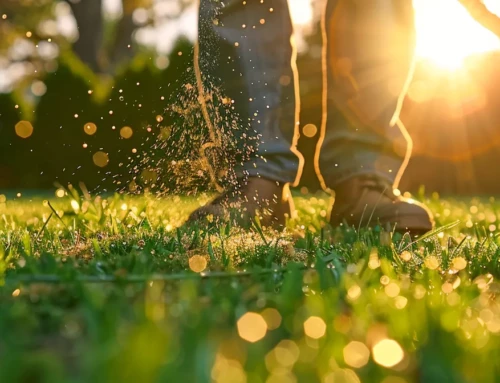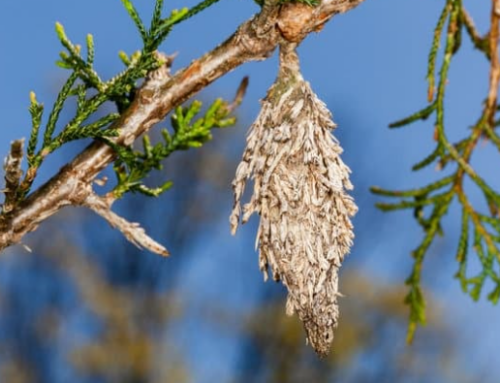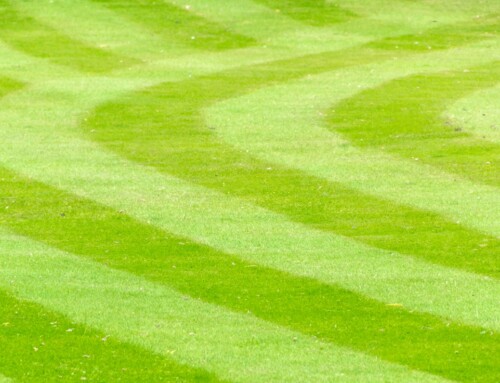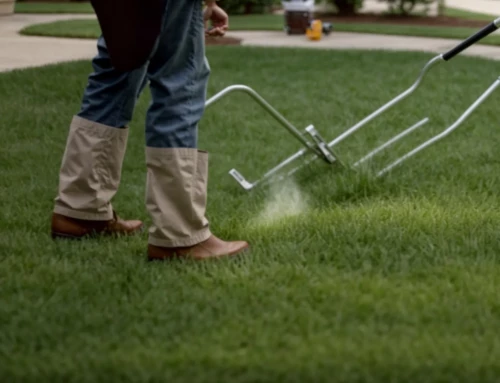A Kansas City Lawn Care Company Explains
Composting is known to be the process of reusing organic material into soil conditioner,
fertilizer, or other enriching materials. It puts living organisms in the decomposing organic
matter, to use as it works to enrich the health of the plants in your garden. Composting is a cheap
and easy way to be environmentally friendly while spending less on store-bought inorganic
fertilizers and even some kinds of pesticides. It is an activity which can even include your
children and could serve as a fun, at-home biology lesson.
To make the most of your compost pile, here are a few things you need to know from your local
Kansas City lawn care company.
How It Works
Creating your first compost pile can take anywhere from weeks to months. To start, instead of
disposing of organic waste, collect it in a designated area in your yard or garden. Over time,
fungi, bacteria, and other small critters will gather to consume the contents of your pile in their
own ways. This will turn the material into something called humus which is a rich source of
essential elements like carbon, nitrogen, potassium, and phosphorous. The production of humus
combined with ample water and oxygen levels will cause the temperature of the compost pile to
rise to as high as 150 degrees Fahrenheit! The higher the temperature of the pile, the less time the
composting process will take, and contrarily, lower temperatures will facilitate a much slower
process.
What Will You (and the environment) Gain?
By the Blade, a Kansas City lawn care company, knows that there are many benefits to
composting in addition to the fact that it will evade the need to purchase commercial fertilizers
and sometimes even pesticides. Composted material can even serve to prevent certain plant-
based diseases. Compost can increase the capacity for moisture retention in soil as well as the
retention of other essential nutrients, inevitably leading to a more bountiful crop yield.
Environmentally, composting has benefits as well as it can cleanse the ecosystem of harmful
toxins and certain types of heavy metals. Organic and sustainable agriculture nearly all require
composting for their success. The process of composting can be implemented usefully on nearly
any scale from small, at-home gardening purposes to large-scale agricultural operations. It can
aid in soil reclamation, combatting runoff and erosion, and alleviating the costs of food and
waste disposal from schools, malls, and stadiums.
The Do’s and Don’ts of Compost Ingredients
Organic waste makes up the contents of a good compost pile. This includes a variety of possible
ingredients that can be categorized as “greens” and “browns.” Green waste ingredients provide
great amounts of nitrogen and can include anything from produce waste to freshly mowed grass.
Coffee grounds, tea bags or leaves, dried flowers, or other trimmings from the garden can also be
used as green ingredients for your pile. Some even use manure from herbivorous animals such as
cows, horses, or chickens if it is available to them. In the “brown” category, some possible
ingredients include hair, straw, eggshells, cardboard, or sawdust.
There are a few examples, however, of things that you should never add to your compost pile.
This list would include cooked foods, manure from carnivorous animals, or cat litter. Diapers,
metals, or any other chemically modified product should not be added to your compost.
Consult By the Blade, your local Kansas City lawn care company, about your composting needs
and interests!






